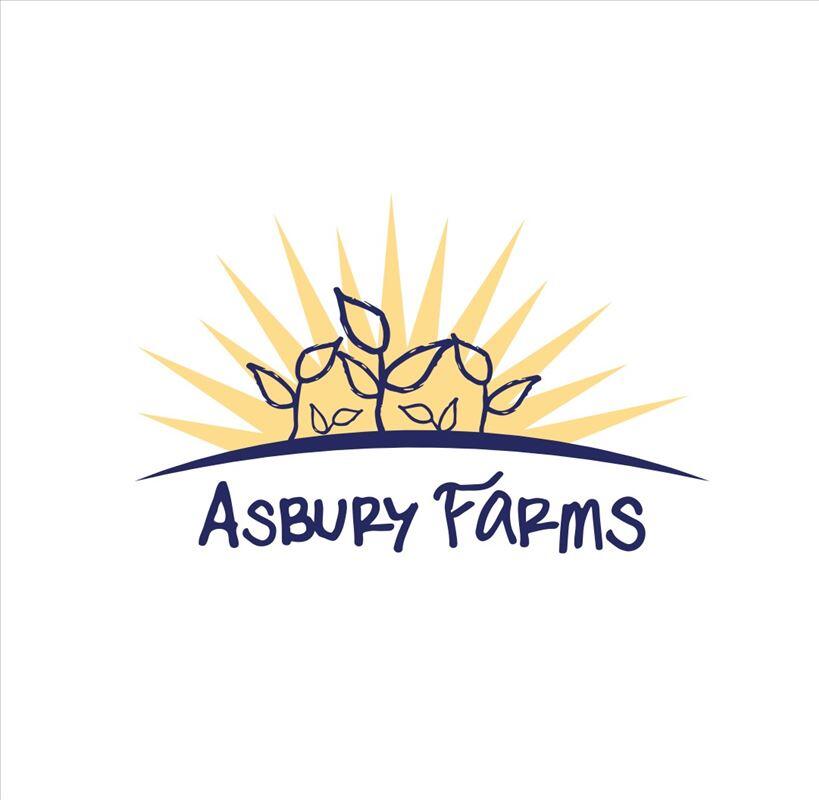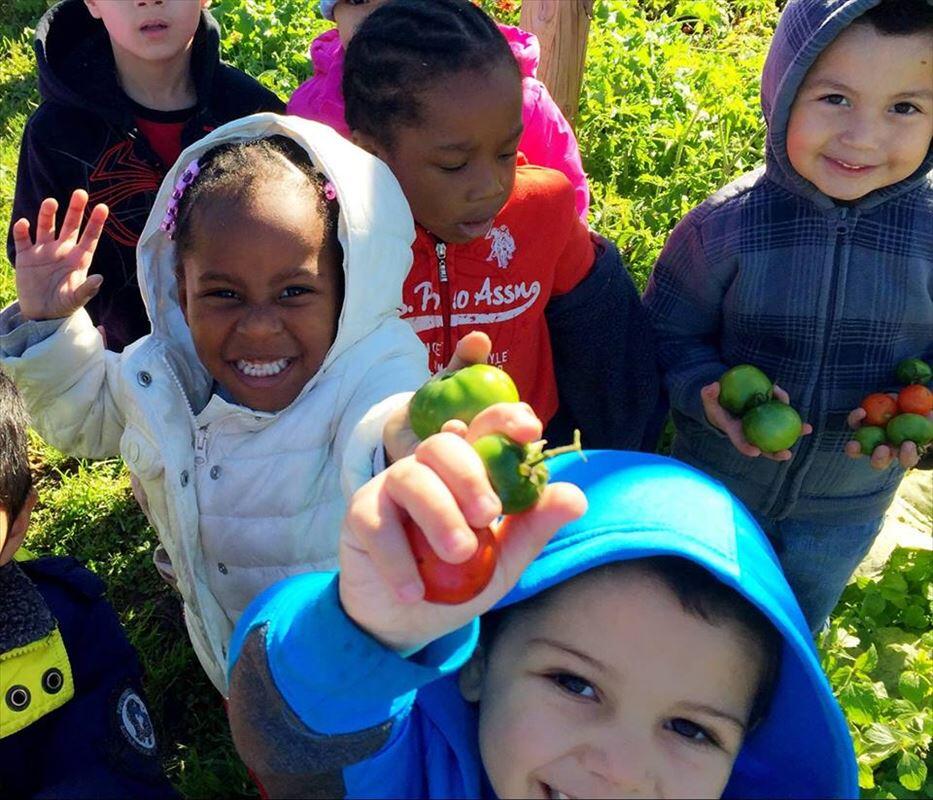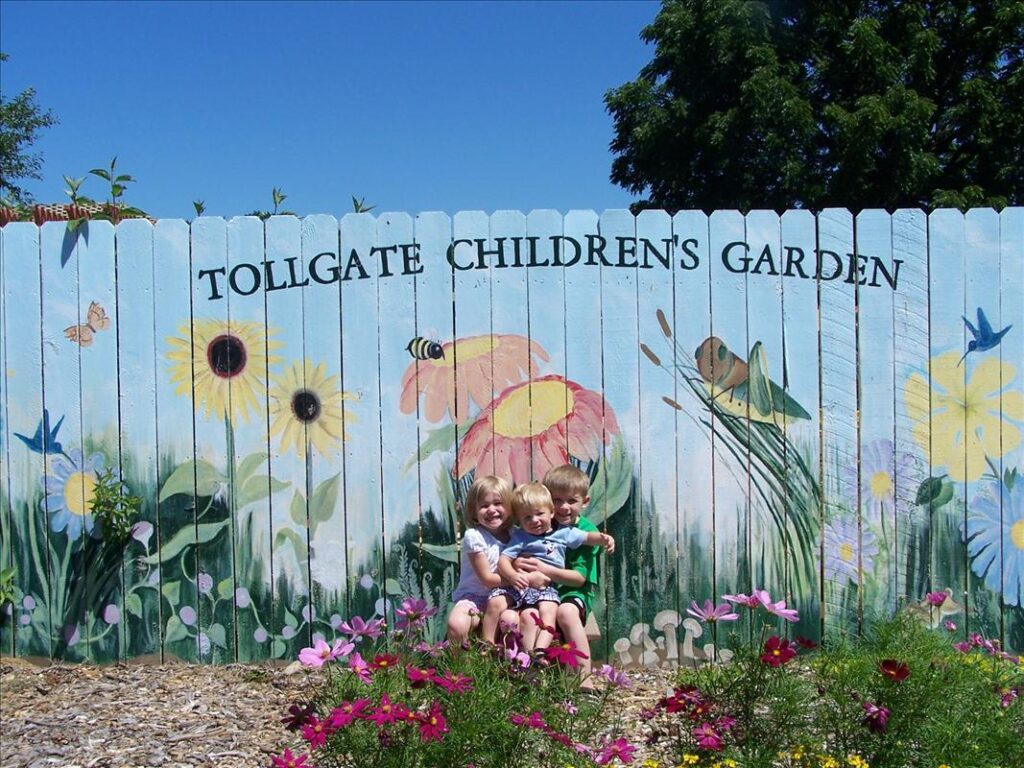Asbury Farms Connects Neighbors While Producing Fresh Local Food for its Flint Community
Asbury Farms (Flint, MI) works to strengthen its neighborhood by transforming blighted and underused land into community gardens and supporting local residents interested in growing fresh food or earning a living from food production. The idea for Asbury Farms arose out of the strategic decision of the leaders at Asbury Community Development Corporation to be […]
Asbury Farms Connects Neighbors While Producing Fresh Local Food for its Flint Community Read More »




